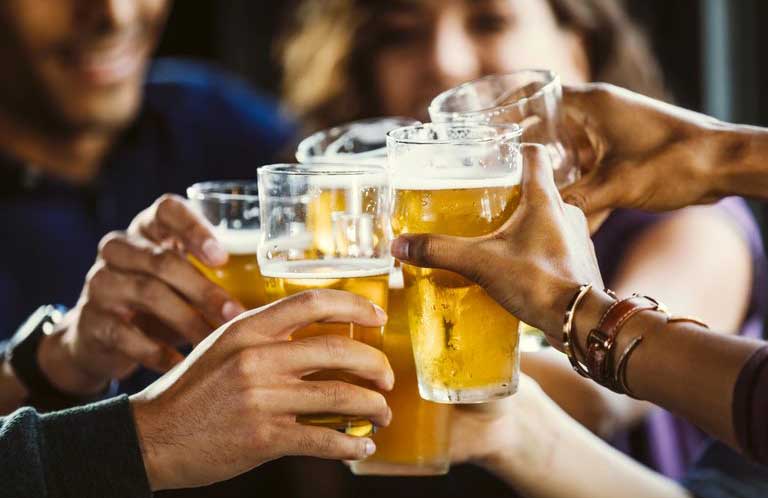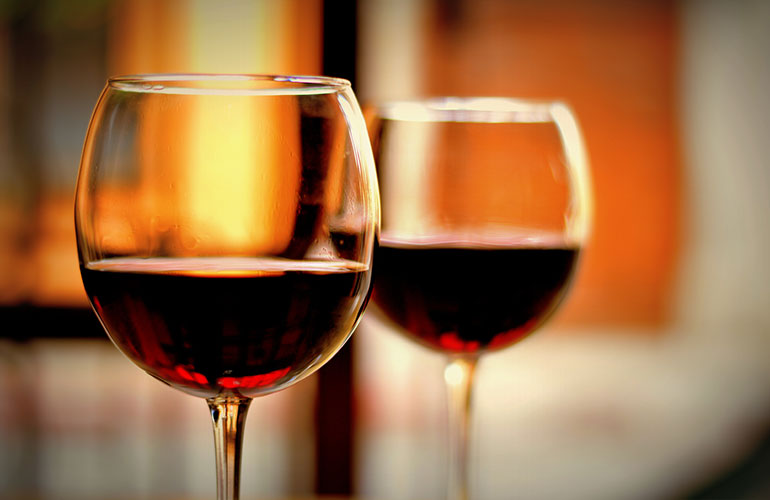Alcohol and weight loss

“Hey Siri, can I still lose weight if I drink alcohol?” Goodness, we only wish the answer was that simple. Research is mixed (no pun intended) on whether alcohol can lead to weight gain. That’s because weight is complex – and some people notice a shift on the scale when they consume alcohol, while others don’t.
As a doctor who specialises in the science of weight, I can say what we do know is that many of these alcoholic drinks are energy-dense (meaning high in kilojoules) and provide little to no nutrition, which may put a damper on your weight loss efforts. Here are five major reasons alcohol can impede you weight loss efforts.
Your body views alcohol as a toxin

Your body metabolises and eliminates alcohol from the body with the help of two enzymes: Alcohol dehydrogenase (ADH) and aldehyde dehydrogenase (ALDH). When you imbibe, these two work together to break apart the alcohol molecules, producing a toxic substance, acetaldehyde, then acetate, so that your body can get rid of it – and fast.
Here’s why that matters when you’re trying to lose weight. Since your body prioritises alcohol digestion, it puts digestion of other nutrients (like fat, carbs, and protein) on the back burner. In other words, your body might put off metabolising fat and carbs when it’s busy breaking down alcohol. Over time and repeated patterns, this could lead to increased fat storage and weight gain.
This is what happens when you drink a glass of wine every night.
Alcohol can cause inflammation

Alcohol can impair the functions of the gut, liver, and other organs – interfering with the immune system and causing systemic inflammation. Alcohol consumption stimulates a cascade of inflammatory responses, one of which is the release of cortisol, the stress hormone. And research has shown that persistently high levels of cortisol are associated with obesity. That’s why it’s best for people with obesity, who are already at an increased risk of inflammation, to limit or avoid alcohol.










